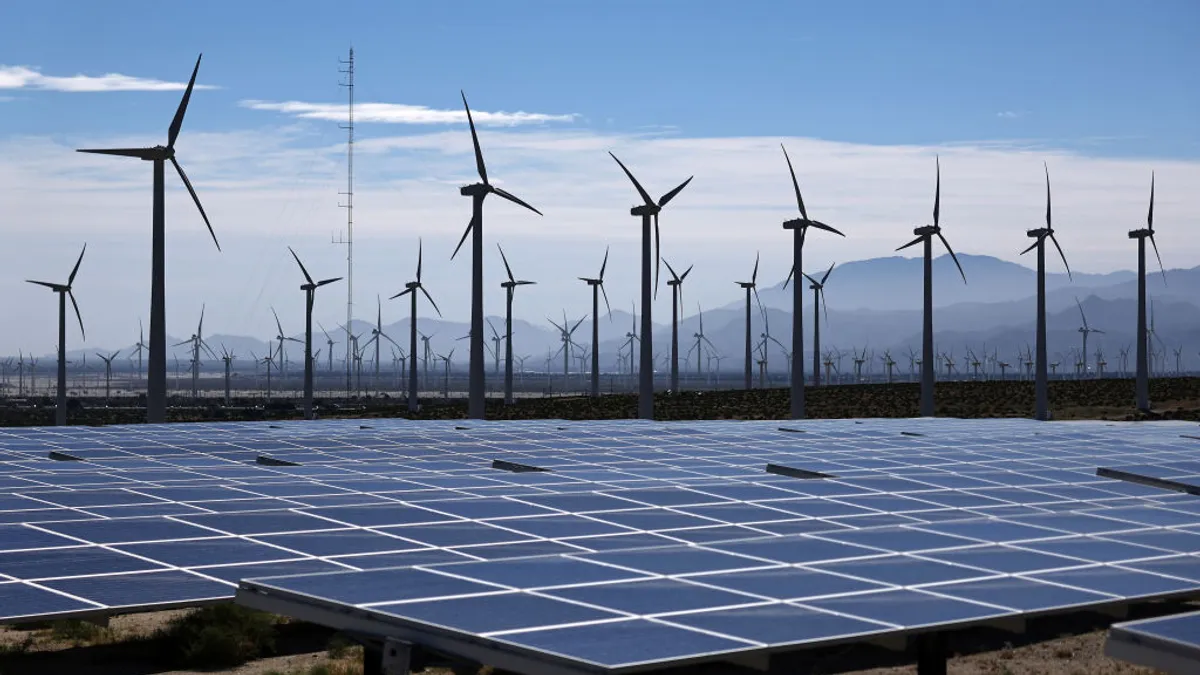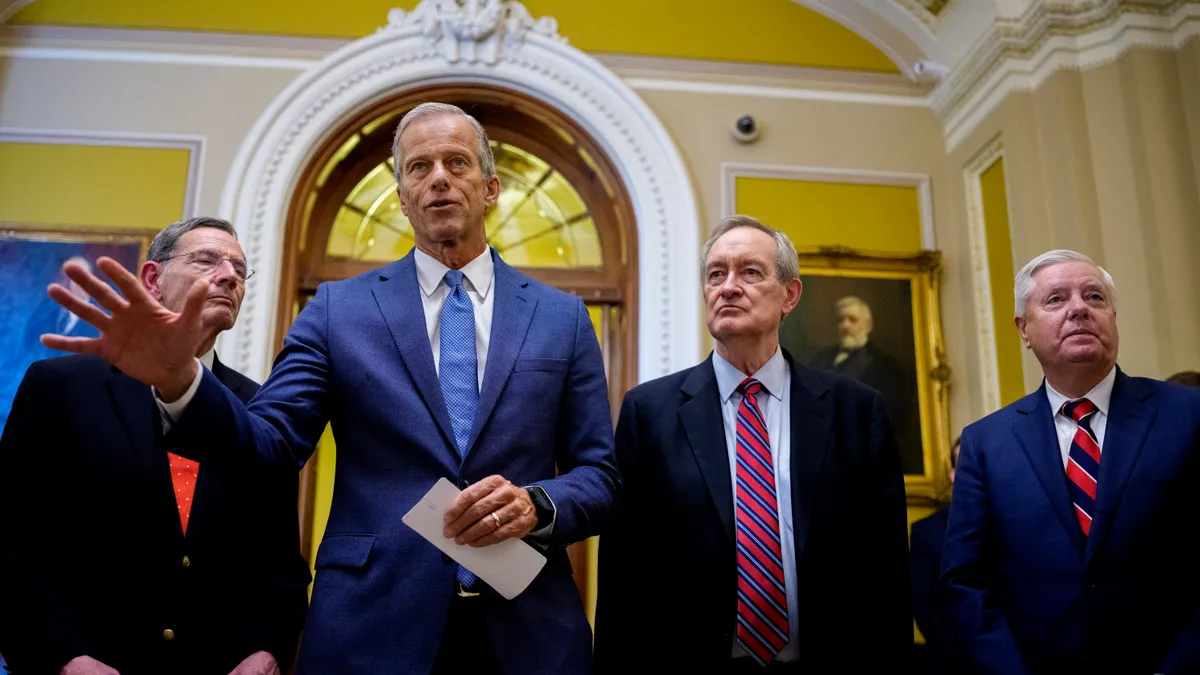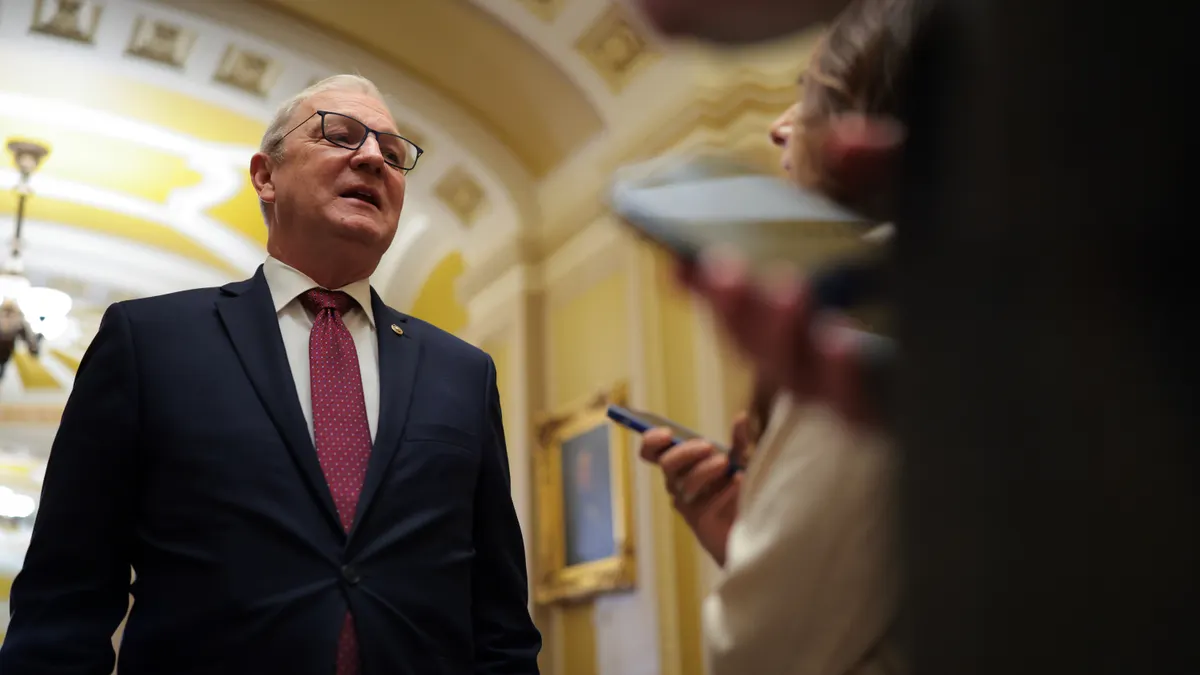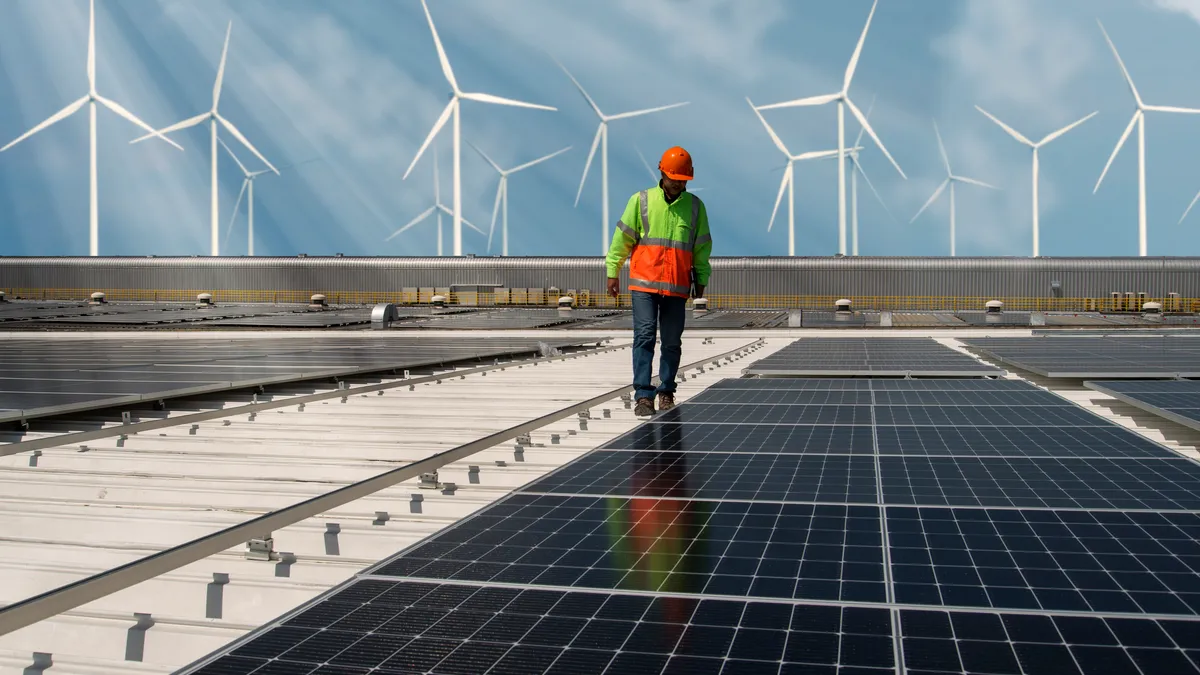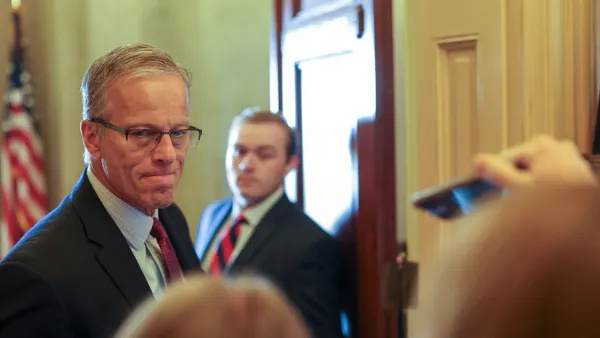The following is a contributed article by Paul Schuster, CEO of The Trimountaine Group.
As the economy recovers from the COVID-19 pandemic, small businesses will be at the forefront of any economic recovery. And while the Biden Administration contemplates ways to support small businesses in their recovery, they should consider the opportunity to align these recovery efforts with the broader imperative of reducing the nation's impact on climate change. With 30.7 million small businesses located in the U.S., any efforts toward reducing emissions are going to need to include this market.
The current administration has promoted a massive investment into climate change initiatives, including shifting the entire federal fleet to electric vehicles, accelerating research into battery technology and domestic production, and negotiating ambitious fuel economy standards. Harnessing this clean energy ambition to help small businesses emerge healthier from the pandemic should be a top priority.
Some efforts have already taken place. Included in the pandemic relief bill passed late in 2020 are extensions to the federal tax credits for solar and wind. In fact, the bill went further and introduced a new production tax credit for offshore wind. These efforts will help to continue the momentum around renewable energy and continue to drive down costs. Small businesses able to access clean energy tariffs and Power Purchase Agreements will find opportunities to shave costs from their electricity supply bills.
Future policy, though, needs to go further. About a month ago, Democrats in Congress introduced the Clean Energy and Sustainability Accelerator Act which would, among other thing, create a $100 billion financing institution to invest behind clean energy and decarbonization projects. This federal institution would assume the role of a National Green Bank and accelerate the country's transition to cleaner energy.
Green investment banks have become a useful tool to mobilize private capital on behalf of environmental programs. States and other countries have harnessed the power of these organizations to address some of the major obstacles that keep clean energy from being equitably distributed across the economy. The green banks do this by providing loans, credit enhancement, or any number of other levers.
The Connecticut Green Bank, for instance, supports renewable energy and energy efficiency products for low and moderate income (LMI) households by providing a credit backstop. These LMI customers are then able to participate in clean energy projects from which they would have otherwise been excluded due to poor individual credit.
As the Biden Administration eyes a National Green Bank, they should harness the lessons learned from Connecticut and others and not only support LMI households, but also include small business enterprises under its mandate. A federal institution would provide a needed credit backstop for small businesses emerging from today's pandemic, encouraging clean energy investments that can have a real impact on both the bottom line and the emissions footprints of these businesses. Energy efficiency projects that reduce operating costs or onsite solar panels that generate low-cost electricity would be immediate areas in which to see payback.
If the Administration wishes to think bold, though, the National Green Bank could serve an even broader role in the energy transition. Today, large energy consumers have the ability to purchase electricity directly from giant, utility-scale renewable energy projects, often at a discount to wholesale market rates. They can do this because 1) they hold investment grade credit and 2) they consume energy at a scale where the renewable energy project can sell significantly all of their power to one consumer. As a result, the renewable project is often able to provide electricity at a price below that at which the company is currently buying power.
Small businesses, though, can't access that value. Most are simply too small to even register for a utility-scale renewable project and even those of some scale find the requirements to post credit too onerous and expensive to undertake. These are businesses that have good cash flow and strong financials, but the system is built against them transitioning to clean energy.
As Congress and the Biden Administration develop the scaffolding for a National Green Bank, this lack of access for small businesses should be carefully considered. A national institution providing the credit and warehousing capability to backstop any number of renewable energy offtake agreements would be a powerful accelerator for the clean energy economy.
The Bank would purchase discounted power from new build utility-scale renewable generators and, through a public RFP process, sell that power back to small businesses participating within its program. Small businesses would have access to low cost, clean power while the Green Bank facilitates the growth of new projects. For every dollar of credit enhancement provided by the government, multiple dollars of private capital would flow into the actual construction of these renewable projects.
The federal government may be the only entity of scale capable of managing a program like this. Private institutions would otherwise seek a risk adjusted return that would eat into the savings the small businesses could experience, and few are of a size to backstop and warehouse the power in the first place. And while the Green Bank should also consider ways to leverage loans, research grants, and other securitization options, the opportunity around warehousing and credit is immense. It would finally allow 30.7 million small businesses to capture the value from the energy transition, right as they need it the most.




